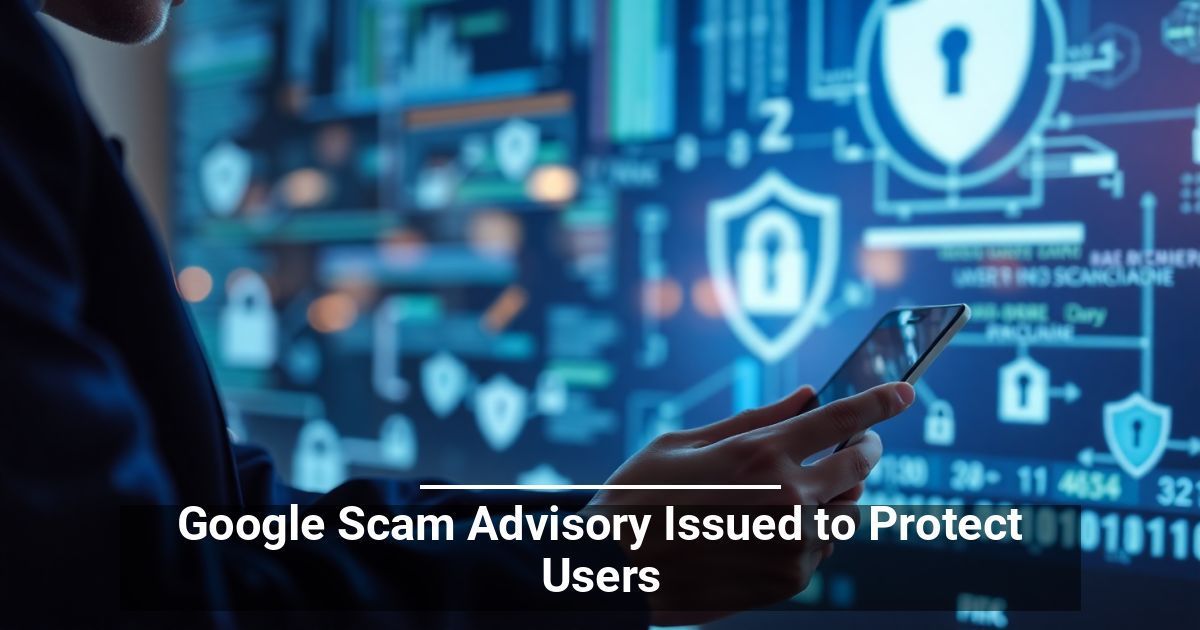Blog
Google Scam Advisory Issued to Protect Users
By Mersad • January 11, 2025

Companies like yours like to stay ahead of the competition, which may include keeping your most successful strategies out of sight of other business owners. Many advertising agencies implement these types of cloaking strategies, hoping to keep others from noticing and replicating their best ideas. Still, with cloaking recently triggering a Google scam advisory, you’ll want to play your cards right.
What is cloaking, and how does it trigger a scam advisory? Let’s take a look.
How Your Business Uses Cloaking
In the digital marketing realm, you’ve likely come across the concept of cloaking, even if you didn’t know what you were witnessing. Cloaking is when a website uses deceptive search engine optimization tactics to display different things to viewers. It’s an amazing tool if you’d like your customers or employees to see the sales-friendly nature of an online page. At the same time, you control what search engine crawlers like bots and spiders find.
Sometimes, cloaking’s quasi-black hat SEO practices push search engines to rank your website highly and keep bots from scraping your site for data. It could also identify when an IP address hails from a competitor so that your site can redirect them away from the cloaked website, but obviously, intentions are key.
Whether or not businesses use cloaking for ethical purposes, it’s dangerous when scammers do it.
How Scammers Use Cloaking
The Google scam advisory is a recent report claiming that cloaking is quickly becoming a top online fraud tactic, which shouldn’t come as a surprise. Hackers show one version of a landing page to bots and search engines. That same version keeps your business’s technical team and moderation systems from detecting malicious content or content that violates the search engine’s policies and, therefore, triggers scam alerts.
What does that mean for businesses? Viewers who click on fake websites that look like your brand might see the cloaked malicious content without realizing it's fake. They may sign up for your emails or send messages on this faux landing page, making them susceptible to the fraudster’s phishing scams or malicious links to scareware sites.
These threat actors steal your customers’ personal information, from their names and login credentials to their credit card numbers. They may also try selling counterfeit or unrealistic products featuring your brand name. It’s not hard to imagine what that does to your brand’s credibility and reputation, but what can you do?
Bringing Scammers Into the Light To Protect Your Business From Cloaking Challenges
By now, you’re probably wondering about your role in internet fraud prevention. Staying alert is the first step. Google also works with associations like GASA to train employees on scams and threat detection, including cloaking. Dr Martin Kraemer, a KnowBe4 Security Awareness Advocate, even claims that Google is improving its ranking algorithm to be less susceptible to outside manipulation.
Cyberthreats are ever-evolving, and even giants like Google must regularly sharpen their enforcement techniques and AI scam detection systems. Think of a Google scam advisory as an opportunity. If companies like yours want to stay safe in the future, awareness is everything.
Related Posts



Contact Information
1035 Medina Rd, Suite #800
Medina, OH 44256



